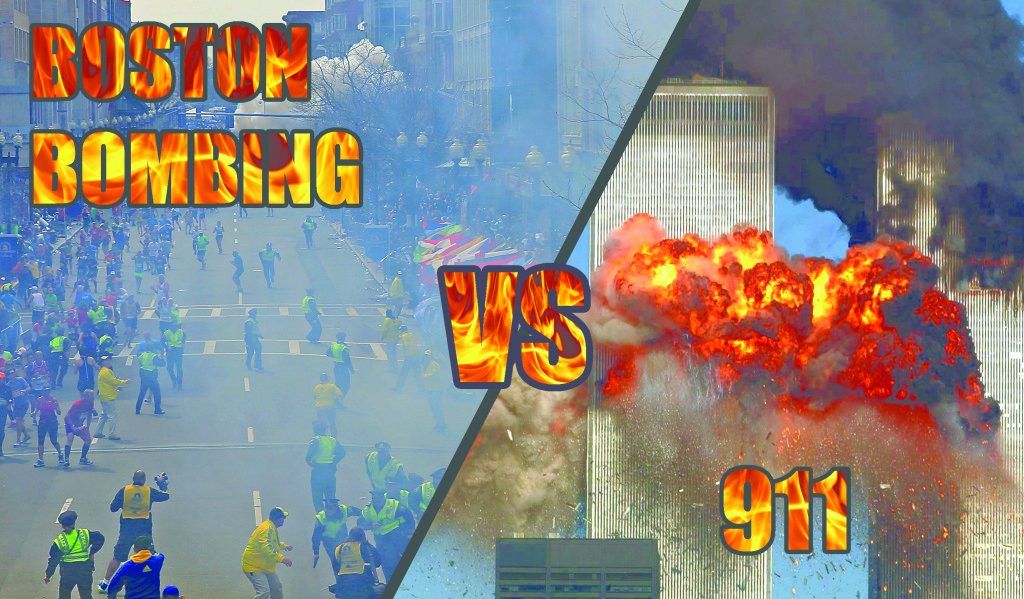
By Elliot Chan, Staff Writer
Tragedies affect people on many different levels. If we’re lucky, we observe crisis from the outside, as a third person. We see horrific footage and hear about disasters through newsfeeds, computer screens, and word of mouth. We might call ourselves lucky to live in a world where we can keep misfortune at arm’s length, but just because we’re fortunate for a moment, we mustn’t forget that tragedies of all sizes can affect the best of us at any time.
On April 15, the world-famous Boston Marathon was interrupted by an alleged terrorist strike. An explosion rattled the fences separating spectators from marathon runners. Horrified screams echoed across the city of Boston and were heard across the continent. While some sent condolences and sympathy for those affected, others coped with the event by minimizing its repercussions. Hours after the tragedy, social networking sites were flooded with appalled and appalling statuses. Sure, the explosion was not on the same scale as 9/11 or a day in the life in Somalia, but if we are to reduce human life to the number lost and gained, humanity will be as cold as the stock market.
Natural disasters, shootings, and terrorist attacks are all terrifying scenarios. To be caught in any of them would be an absolute nightmare for any person, no matter their nationality, ethnicity, or wealth. A death toll is not a competition. A loss is a loss, regardless of the trigger, and we shouldn’t belittle the experience of the victim. You don’t blame the innocent victim for a traffic accident; you blame the irresponsible driver. The drunk ones who swerve from lane to lane are at fault, and it would be wrong to put the onus on the victims. We all make snap decisions, and hindsight won’t save us. You too could be caught on the other end, staring down at a pair of headlights, and have it be too late. The same goes for the victims of any tragedy.
When an incident like the Boston Bombing happens again—and, by the looks of the current political tension, the intervals between conflicts may become shorter—we must remember that the innocent must stand together. Tragedy should create unity, instead of division through blame. Finger pointing is not the solution; it is the initial problem.
A perfect world is not a place without problems, but one where everyone works to solve the immediate issues.

